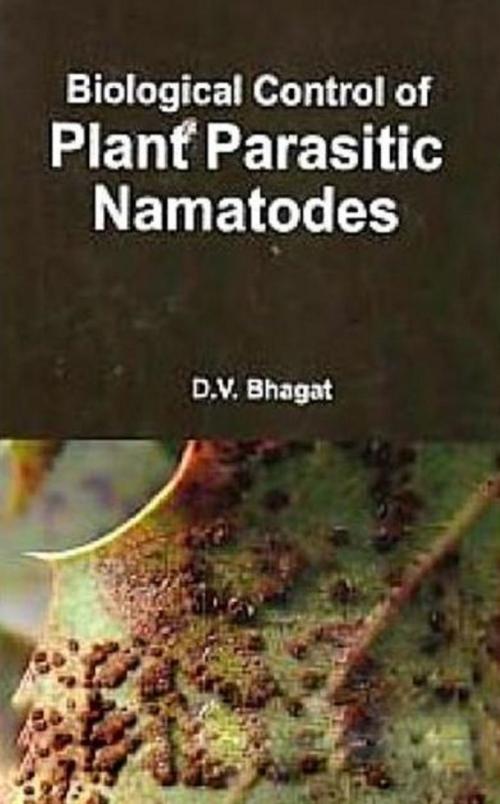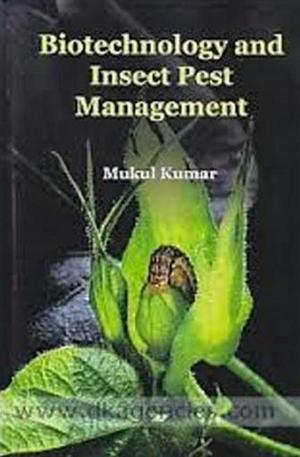Biological Control of Plant Parasitic Nematodes
Nonfiction, Science & Nature, Science, Biological Sciences, Botany| Author: | D. V. Bhagat | ISBN: | 9789387798328 |
| Publisher: | Centrum Press | Publication: | June 30, 2013 |
| Imprint: | Centrum Press | Language: | English |
| Author: | D. V. Bhagat |
| ISBN: | 9789387798328 |
| Publisher: | Centrum Press |
| Publication: | June 30, 2013 |
| Imprint: | Centrum Press |
| Language: | English |
The study of nematode biology has led to a dramatic increase in understanding of how all animals function. In fact, the bacterial-feeding nematode, Caenorhabditiselegans, is one of the best-understood animals on earth. The fate of every cell in C. elegans development has been carefully mapped. It was the first animal to have its DNA sequence completely deciphered, and it is amenable to detailed genetic analysis. The study of C. elegans has led to new insights into the details of animal development, neurobiology, behaviour, and has been of great value in biomedical research as well as in the understanding of nematode biology (Riddle et al. 1997). One might think of soil as a safe environment, but to a microscopic nematode it is a hostile world filled with danger. A nematode must contend with voracious predators, changes in soil temperature and moisture, and the death of its host plant. For a nematode population to survive, it must be able to circumvent these obstacles. The present book incorporates many chapters on biological control of plant parasitic nematodes each one contributed by well recognised authorities.
The study of nematode biology has led to a dramatic increase in understanding of how all animals function. In fact, the bacterial-feeding nematode, Caenorhabditiselegans, is one of the best-understood animals on earth. The fate of every cell in C. elegans development has been carefully mapped. It was the first animal to have its DNA sequence completely deciphered, and it is amenable to detailed genetic analysis. The study of C. elegans has led to new insights into the details of animal development, neurobiology, behaviour, and has been of great value in biomedical research as well as in the understanding of nematode biology (Riddle et al. 1997). One might think of soil as a safe environment, but to a microscopic nematode it is a hostile world filled with danger. A nematode must contend with voracious predators, changes in soil temperature and moisture, and the death of its host plant. For a nematode population to survive, it must be able to circumvent these obstacles. The present book incorporates many chapters on biological control of plant parasitic nematodes each one contributed by well recognised authorities.















